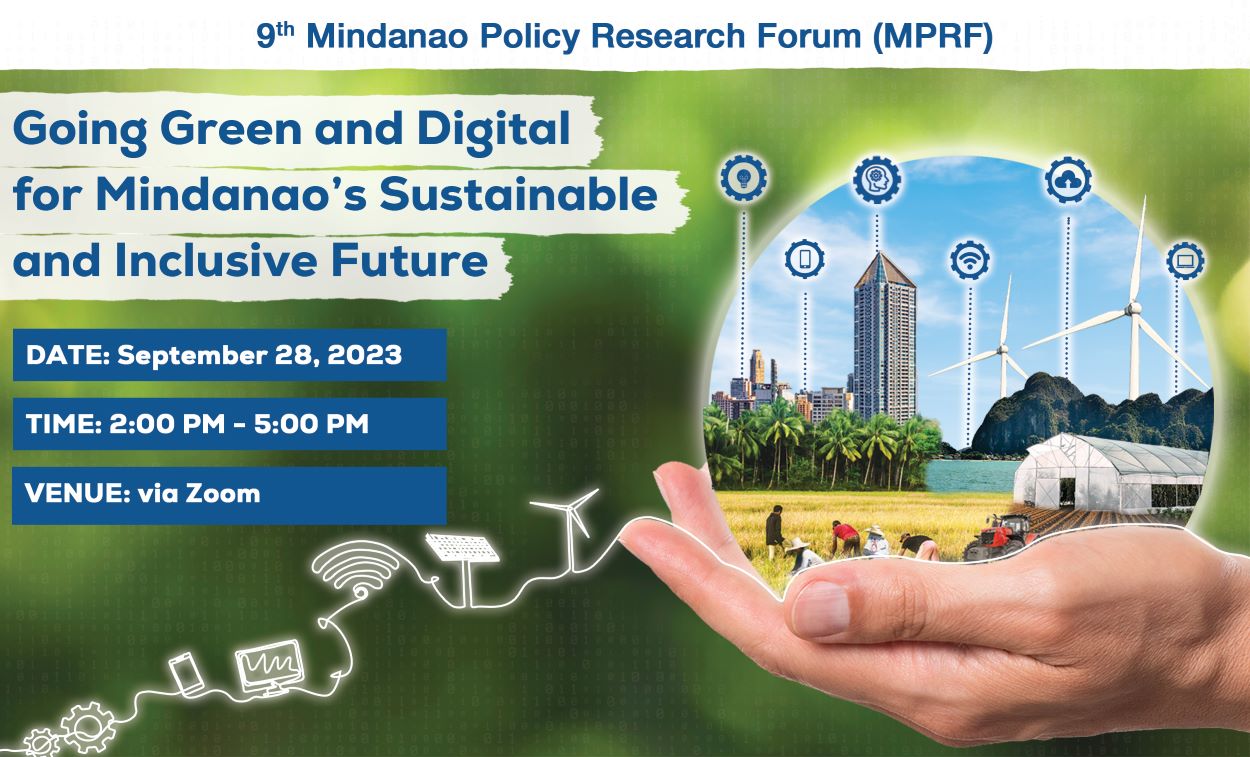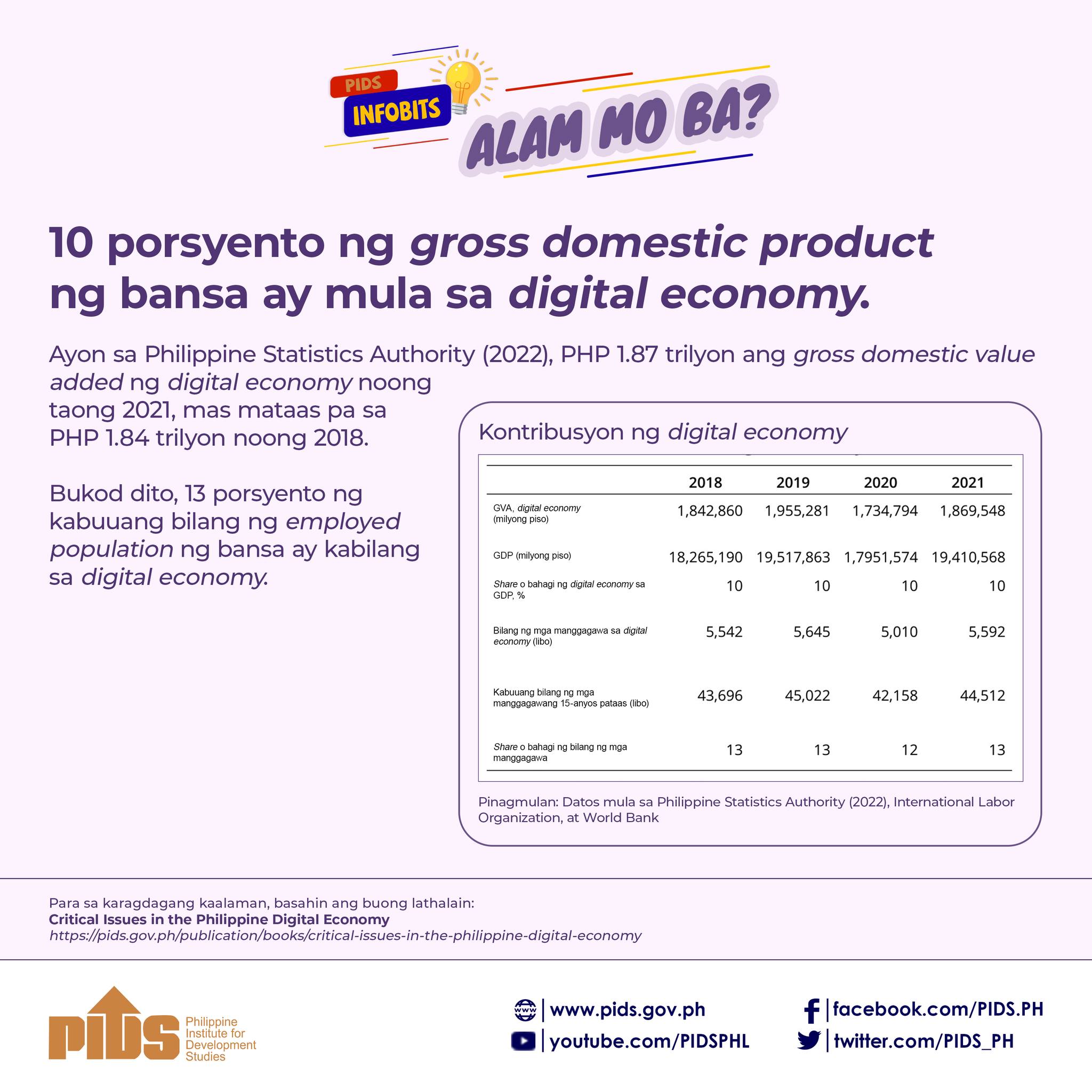The growth of the digital platform sector will play a key role in the development of the economy as it could lead to the creation of 2.2 million jobs a year, the Asian Development Bank (ADB) said.
With the right policies, digital platforms can be used to support growth, James Villafuerte, ADB senior economist, said in a webinar jointly organized by the ADB and the Philippine Institute for Development Studies yesterday.
“Digital platforms play an important role for the Philippines. If digital sectors expand by 20 percent from the 2020 baseline by 2025 in the Philippines, it could add an additional output of $37.6 billion and 2.2 million new jobs a year to the country,” Villafuerte said.
He said the digital platform sector generated about $11 billion revenues in 2019 in the Philippines.
“In terms of proportion to GDP (gross domestic product) that’s only about 2.9 percent. So that tells you that compared to the region which generates roughly around six percent GDP revenue, the Philippines is only generating three percent,” Villafuerte said.
However, he said the potential for the Philippines in terms of number of users is large.
“For the Philippines, there are about 76 million users of digital platform. So that means that if we do our policy right, we can actually use this as a leverage for growth,” Villafuerte said.
Based on the ADB’s simulation of the impact of the digital platform growth over the 2021-2025 period, the expected job generation globally is quite large. The ADB estimates that the average jobs generated will be around 140 million annually worldwide, and 65.5 million for Asia and the Pacific alone.
“Usually people are quite skeptical about technology because we think that this will actually destroy jobs. But what we found out in this study is that on a net basis it actually creates more jobs,” Villafuerte said.
If digital platforms expand by 20 percent from the 2020 baseline by 2025, global output is expected to rise by $4.3 trillion annually, he said, with Asia’s output rising $1.7 trillion every year.
“Digital platform has really transformed our lives and it’s actually contributing huge macroeconomic benefit as well as making small households, as well as small businesses participate in economic growth,” Villafuerte said.
“However, there are many risks and challenges that we need to manage. A menu for success is what I mentioned earlier, and more importantly, the digital divide is also important and we have to make sure that nobody’s left behind, and I think investing in a robust and strong education and labor policy is critical,” he added.
Villafuerte’s “menu for success” include affordable and quality information and communications technology infrastructure, seamless digital connectivity, digital skills and literacy, secure online payment systems, financial access for innovative startups, efficient e-government and effective legal and regulatory frameworks.












